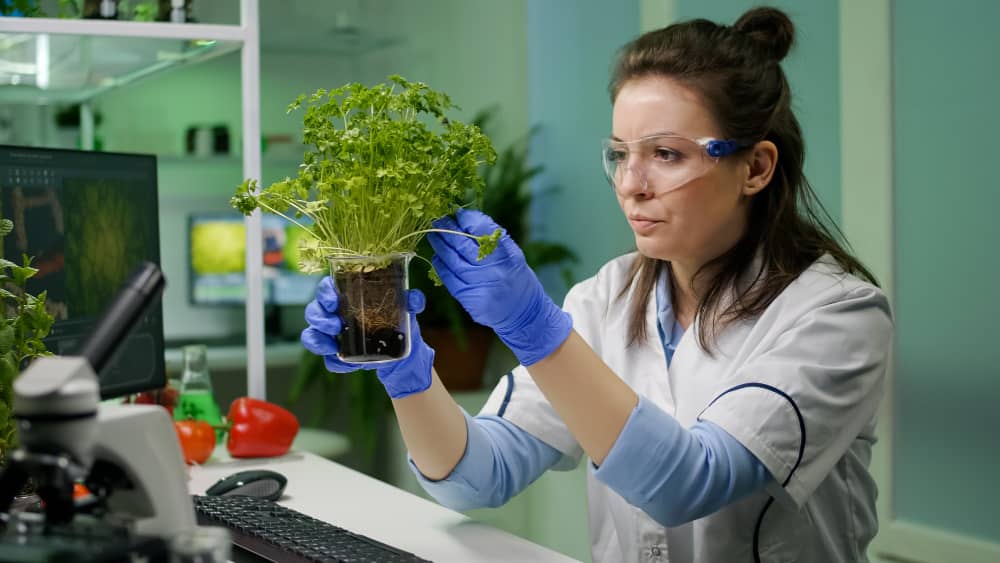
The Bachelor of Science in Botany program is designed to provide students with a comprehensive exploration of the plant kingdom, encompassing fundamental principles of plant biology and their ecological significance. The curriculum begins with foundational courses in plant anatomy, physiology, and genetics, establishing a robust understanding of the structural and molecular aspects of plant life. Core studies delve into topics such as plant taxonomy, ecology, and evolution, providing students with a broad and interconnected perspective on plant science. Practical application of knowledge is a key focus, with hands-on laboratory work and field studies forming a significant part of the program. This experiential learning allows students to observe, analyze, and understand plant structures and functions in natural environments. Specialized courses further explore areas such as plant pathology, ethnobotany, and plant biotechnology, enabling students to tailor their education to specific interests within the diverse field of botany. The program places a strong emphasis on the ecological and environmental implications of plant life, addressing issues such as biodiversity conservation, sustainable agriculture, and the impact of climate change on plant ecosystems. Students are encouraged to engage in research projects and internships, providing opportunities for in-depth exploration of botanical topics and practical applications of their knowledge. Upon completion of the B.Sc. Botany program, graduates are well-prepared for careers in areas such as environmental science, agriculture, forestry, and research. The program not only imparts a solid foundation in plant sciences but also instills critical thinking, analytical skills, and an appreciation for the vital role that plants play in sustaining life on Earth.